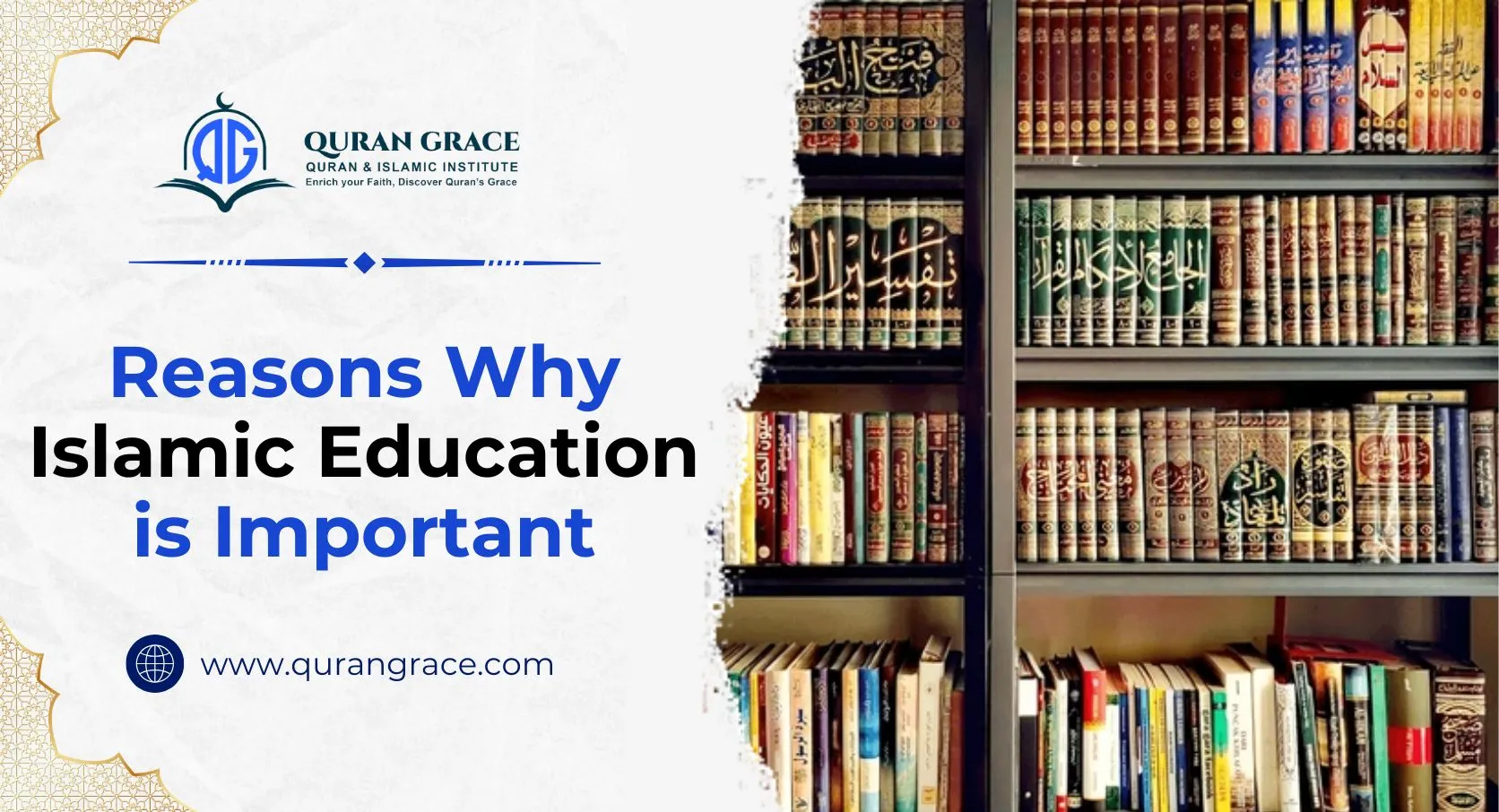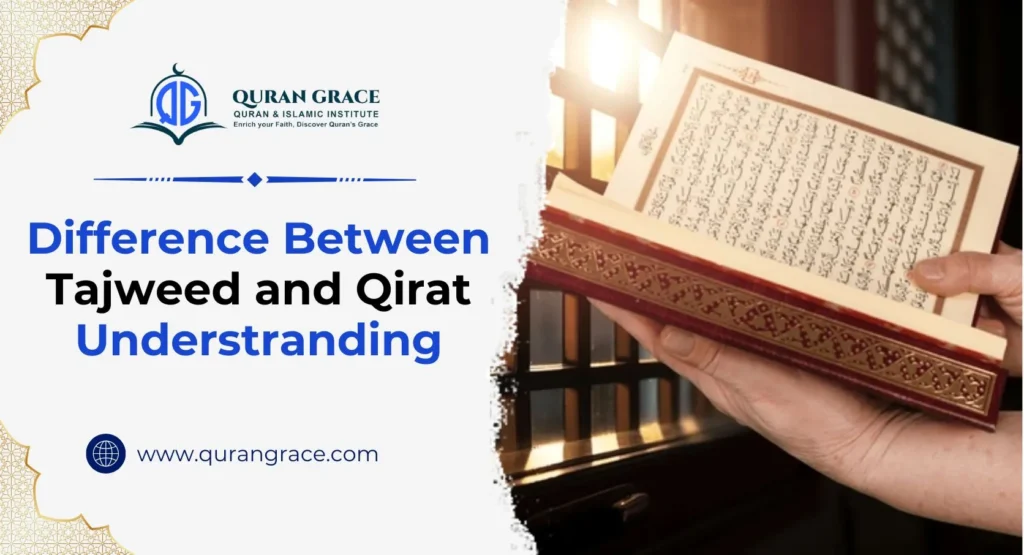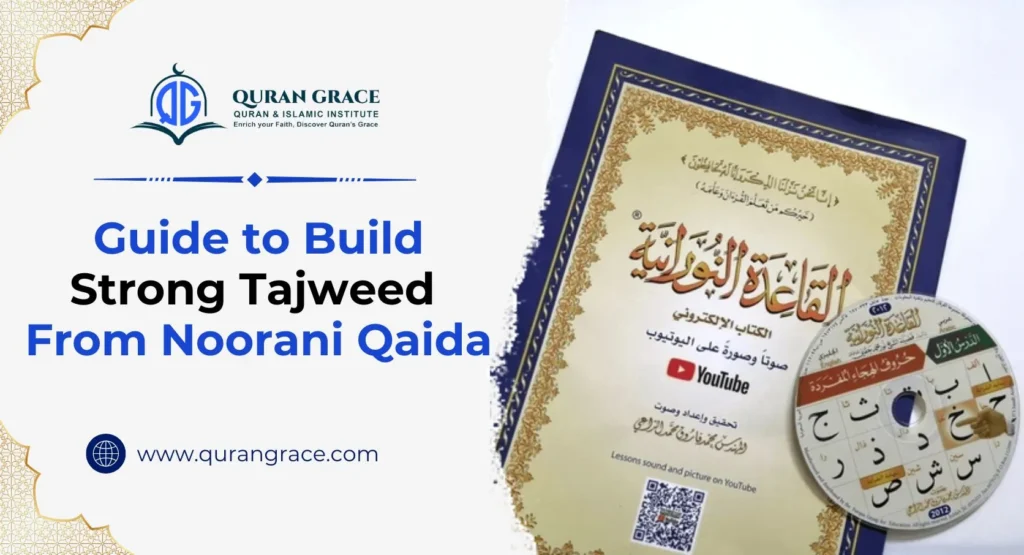Islamic Studies is more than just a religious subject; it’s a multidisciplinary field that offers invaluable insights into history, civilization, law, philosophy, and spirituality. For Muslims, it is the foundational path to understanding their faith and living a guided life. For non-Muslims, it provides a crucial lens through which to understand one of the world’s major religions and a diverse global community.
5 Reasons Why Islamic Education is Important
Let’s explore the importance of learning and understanding Islamic Studies.
1. Understanding the Core of the Faith
The primary and most essential role of Islamic Studies is to provide a deep, authentic understanding of Islam’s foundational sources.
- The Qur’an and Sunnah: Studies focus intensely on the Qur’an, the revealed word of God, and the Sunnah (the Prophet Muhammad’s traditions, practices, and sayings). Learning the Arabic language often goes hand-in-hand with this to fully grasp the linguistic richness and nuance of these texts.
- Theology (Aqidah): This branch explores the core beliefs of Islam, such as the oneness of God (Tawhid), prophethood, divine decree, and the nature of the afterlife. It forms the intellectual bedrock of a Muslim’s faith.
- Worship (Ibadah): Students learn the correct methodology and spiritual significance of the Five Pillars of Islam: the declaration of faith (Shahada), prayer (Salat), charity (Zakat), fasting (Sawm), and pilgrimage (Hajj).
2. A Guide for Daily Life and Morality (Akhlaq)
Islamic Studies provides a comprehensive moral and ethical framework that governs all aspects of a Muslim’s life, from personal conduct to professional dealings.
- Jurisprudence (Fiqh): This is the application of Islamic law to daily life. It guides Muslims on matters of family, finance, transactions, and criminal justice, ensuring actions align with divine guidance.
- Ethics and Character: A significant focus is placed on Akhlaq (morals/character), teaching virtues like honesty, humility, compassion, justice, and kindness to parents and neighbors, which are seen as spiritual obligations.
- Spiritual Development (Tazkiyah): This aspect delves into purifying the soul and cultivating an awareness of God (Taqwa). It often includes the study of Sufism (Islamic mysticism), which focuses on inner spiritual development.
3. Historical and Civilizational Insight
Studying Islam is inseparable from studying human history. The field covers over 1,400 years of global political, scientific, and cultural developments.
- Islamic History (Tarikh): This tracks the early history of Islam, the Prophet’s life (Sirah), the Rashidun Caliphs, and the rise and fall of various Islamic empires (Umayyad, Abbasid, Ottoman, Mughal, etc.), providing context for the modern world.
- Contribution to Knowledge: Islamic civilization was a global center for learning during the Middle Ages. Studies highlight the contributions of Muslim scholars in mathematics, astronomy, medicine, philosophy, and literature, preserving and advancing knowledge often lost in other regions.
- Understanding Modern Geopolitics: Many contemporary global issues, conflicts, and political structures are rooted in or influenced by Islamic history and thought. Studying this field offers a nuanced perspective beyond superficial media portrayals.
4. Fostering Dialogue and Tolerance
In an increasingly interconnected yet polarized world, Islamic Studies is vital for promoting mutual respect and peace.
- Countering Misinformation: An Authentic study directly addresses and refutes misunderstandings and misrepresentations of Islam, providing factual grounding on concepts like Jihad (which primarily means ‘struggle’ and involves internal, social, and, in limited cases, defensive warfare) and Islamic treatment of minorities.
- Interfaith Understanding: It clarifies Islam’s relationships with other Abrahamic faiths (Judaism and Christianity), highlighting common theological ground and historical interactions, which is crucial for interfaith dialogue.
- Cultural Competence: For professionals working in education, government, healthcare, or international relations, an understanding of Islamic principles, cultures, and traditions is essential for effective and respectful engagement with Muslim populations worldwide.
Conclusion
Islamic Studies is a broad and important field. It helps shape a Muslim’s identity and practices, offers a strong moral guide, and highlights significant events in world history. You can also study Islam by joining an online islamic course offered by Quran Grace, where you can get a customised syllabus according to your age. Join a free evaluation class today and get amazing discounts for kids.








